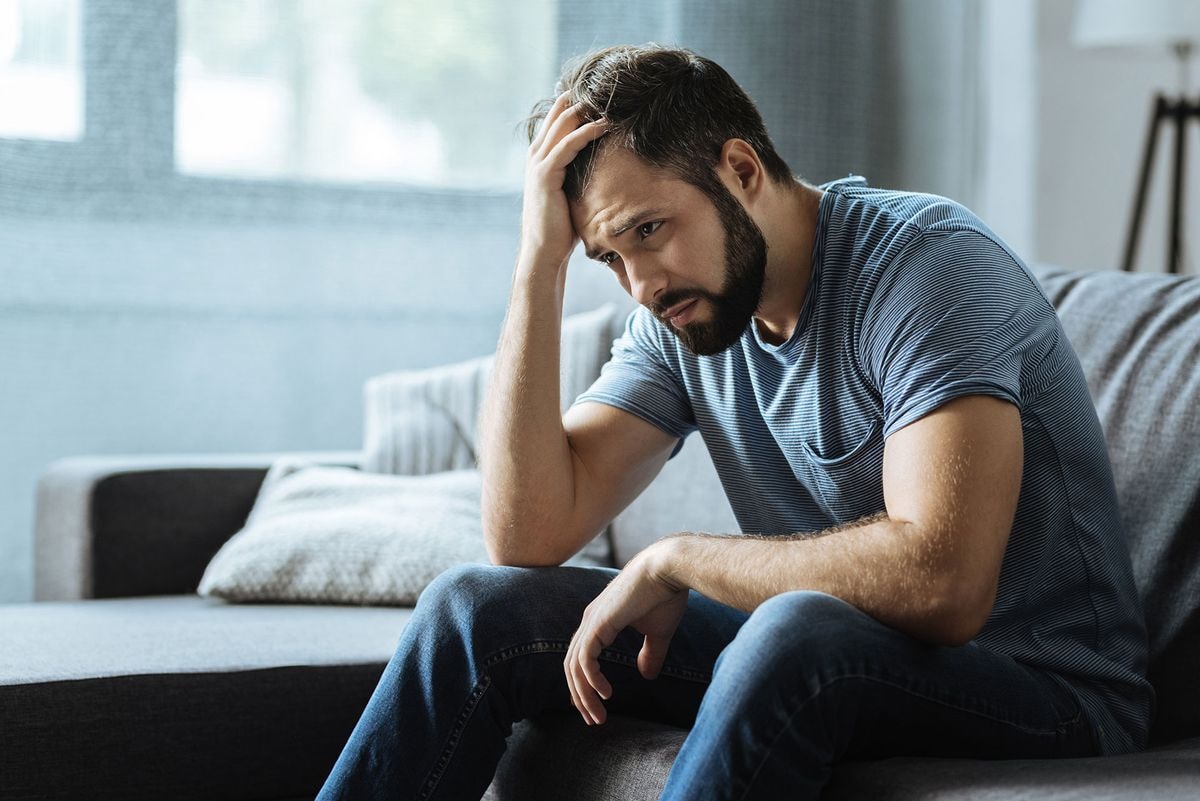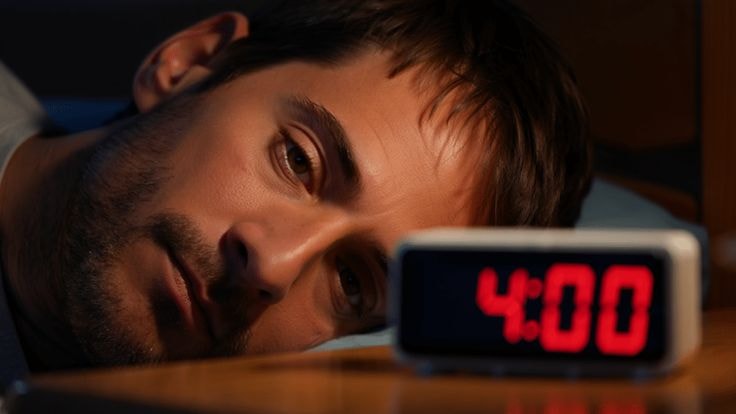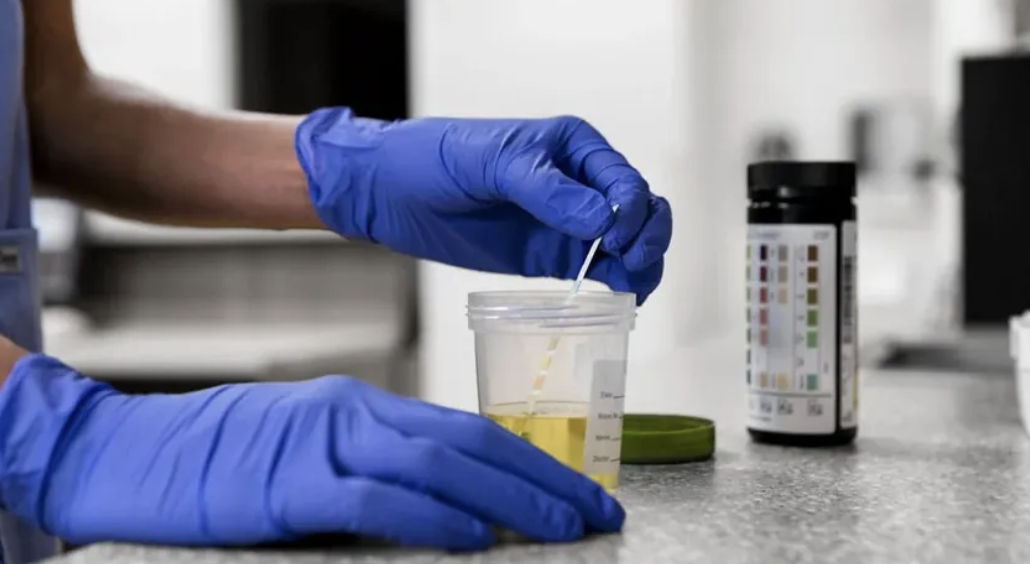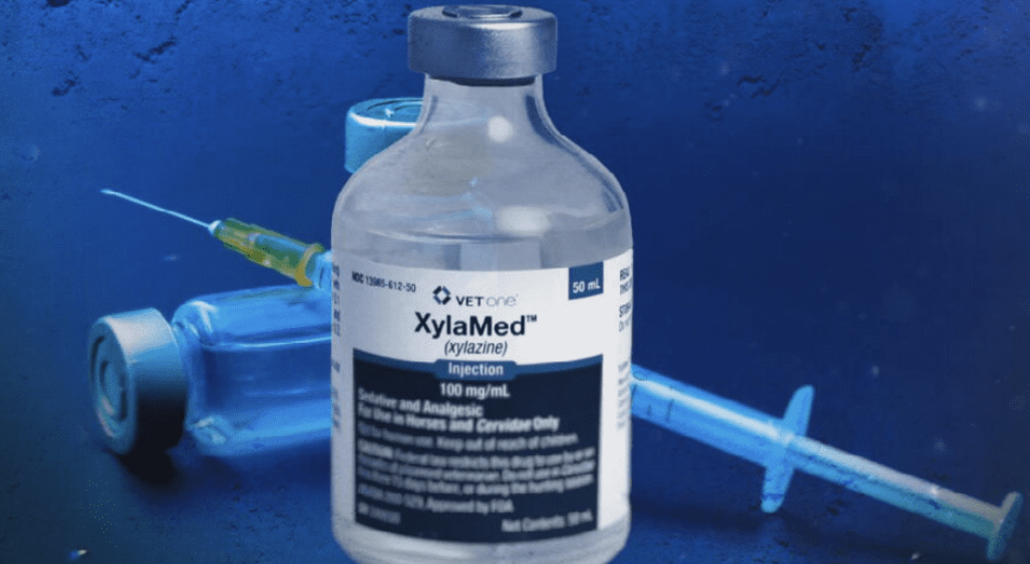Does Suboxone make you sleepy? Many people taking Suboxone, a medication for opioid addiction, do report feeling drowsy or fatigued. This article will explain why this happens, how common it is, and what you can do if Suboxone makes you too sleepy.
Key Takeaways
- Suboxone can cause drowsiness and fatigue, particularly during the initial treatment phase and dose adjustments due to its central nervous system depressant properties.
- Sleepiness is most common early in treatment or when combined with other sedatives, and monitoring for over-sedation is crucial for user safety.
- Consulting a healthcare provider is essential for managing excessive sleepiness and adjusting dosages, as drowsiness typically decreases over time with continued use of the medication.
Can Suboxone make you sleepy or tired?
Suboxone, which combines buprenorphine and naloxone, can make you feel sleepy or tired. As a central nervous system depressant, it often leads to drowsiness or fatigue, especially during the induction phase or when doses are adjusted.

What research says about Suboxone and drowsiness
Research shows that buprenorphine, the active component in Suboxone, interacts with opioid receptors in the brain and brain receptors, which can modulate neurotransmitter systems related to sleep and opioid effects, influencing overall brain function. Clinical studies indicate that a significant percentage of users report feeling drowsy or experiencing slow reaction times, similar to the effects of central nervous system depressants, particularly in the context of opioid use.
Drowsiness levels can differ depending on individual health and the specific suboxone dosage of Suboxone.
Why Suboxone affects energy levels
Fatigue from Suboxone use mainly results from its impact on the central nervous system. Buprenorphine slows CNS activity by acting on opioid receptors, causing sedation. The body’s adjustment to managing opioid withdrawal and reduced cravings can also lead to initial suboxone induced tiredness.
Over time, many users report improved energy levels during the long-term use of buprenorphine as their bodies become more accustomed to the medication.
When is sleepiness from Suboxone most likely to occur?
Sleepiness from Suboxone is most common during early treatment, after dose adjustments, or when combined with other sedatives. Recognizing the timeline and contributing factors can help manage this side effect better.

Early treatment phase
In the early stages of Suboxone treatment, increased drowsiness is common as the body adapts to the medication. These sedative effects usually lessen within the first few days or weeks.
Dose adjustments or misuse
Adjusting the dosage of Suboxone or misusing the medication can significantly enhance feelings of sleepiness and may lead to substance abuse. Increasing doses or taking Suboxone more frequently than prescribed can lead to heightened drowsiness and other side effects.
It is crucial to follow the prescribed dosage of the prescription drug to avoid these intensified sedative effects at high doses.
Interaction with other medications
Combining Suboxone with other sedative medications, such as benzodiazepines or sleep aids, can result in dangerous Suboxone interactions that amplify drowsiness and impair respiratory function. This interaction can lead to severe side effects like excessive drowsiness, slowed breathing, and respiratory depression.
Always discuss any other medications you are taking with your healthcare provider to avoid these dangerous interactions.
How long does sleepiness from Suboxone last?
The duration of sleepiness from Suboxone can vary among individuals, influenced by factors like dosage, overall health, and treatment duration. Generally, drowsiness is more pronounced in the early phases of treatment as the body acclimates to the medication.
For most users, this common side effect diminishes over time as their body adjusts to the side effects of Suboxone.
What should you do if Suboxone makes you too sleepy?
If Suboxone makes you excessively sleepy, it is crucial to take action to ensure your safety and the effectiveness of your treatment. Contacting your healthcare provider for a potential dose adjustment or discussing alternative treatment options is essential.
Additionally, avoid operating heavy machinery or driving until you understand how Suboxone affects you.

Talk to your prescriber
Discuss any issues with sleep deprivation and difficulty sleeping with your healthcare provider. They may adjust your dosage or timing to help alleviate these symptoms.
Open communication with your doctor is crucial for managing any side effects and ensuring the effectiveness of your Suboxone therapy.
Monitor for signs of over-sedation
Be vigilant for signs of over-sedation, such as prolonged drowsiness, difficulty waking, or slowed breathing. These symptoms could indicate that your dosage is too high and may require immediate medical attention.
Regularly assessing your alertness and responsiveness can help manage the risk of over-sedation.
Is it safe to take Suboxone before bed or in the morning?
The timing of your Suboxone dose can significantly impact its side effects, including sleepiness. Taking Suboxone in the morning is often recommended to prevent potential triggers for cravings throughout the day.
However, some may find that taking it at night better suits their lifestyle and helps manage daytime drowsiness.
Morning dosing: pros and cons
Morning doses of Suboxone can prevent withdrawal symptoms upon waking, providing a smoother start to the day. However, if grogginess follows a morning dose, night dosing might be more suitable.
Night dosing: pros and cons
Night dosing of Suboxone can manage daytime sleepiness and align with nighttime cravings. However, it might cause difficulties in falling asleep and increased morning sedation.
Suboxone vs. other opioid MAT options: Which causes more sleepiness?
When comparing Suboxone with other opioid Medication-Assisted Treatment (MAT) options like methadone and naltrexone, Suboxone is generally associated with less sedation in an addiction treatment program.
Understanding these differences can help you and your healthcare provider make informed treatment choices.
Suboxone vs. Methadone
Methadone, a full agonist, tends to cause more sedation than Suboxone. Both medications effectively treat opioid addiction, but Suboxone vs methadone comparisons show that methadone is more likely to cause drowsiness and fatigue, especially during the initial treatment phase. Full opioids can also lead to similar effects.
Suboxone vs. Naltrexone
Naltrexone vs Suboxone is a common comparison; naltrexone usually does not cause drowsiness because it blocks opioid receptors rather than activating them. It is suitable for those concerned about sedation but may be less effective in managing withdrawal symptoms compared to Suboxone.
Does sleepiness mean Suboxone is working or not working?
Experiencing sleepiness while on Suboxone can indicate that the medication is affecting the brain’s opioid receptors, but it does not necessarily mean it is ineffective. Mild sedation is often a sign that the medication is working, as it stabilizes opioid receptors.
However, extreme drowsiness may signal an improper dosage or drug interaction and should be discussed with your healthcare provider.
Tips to reduce Suboxone-related fatigue
To reduce Suboxone-related fatigue, employ practical strategies that don’t require stopping treatment. Allow time for the body to adjust to the medication and maintain a balanced diet with adequate nutrition to alleviate tiredness.
Adjust your schedule
Adjust your daily routine to include rest periods during peak tiredness. Create a schedule with breaks and rest times, and potentially align your Suboxone dose with these periods to manage fatigue.
Stay hydrated and active
Hydrate well and engage in light physical activity, like walking, to alleviate Suboxone-related tiredness. Proper hydration and a balanced diet support energy levels and can help you feel tired less often.
When to seek medical help for Suboxone sleepiness
If Suboxone-induced sleepiness significantly impacts your daily activities or safety, it is essential to consult your healthcare provider. Over-sedation may require medical intervention to ensure the safety and effectiveness of your treatment.
Monitoring your body’s response to Suboxone and seeking medical help if excessive sleepiness persists is crucial.
Bottom Line: Does suboxone make you sleepy?
While Suboxone can cause sleepiness, understanding the reasons behind this side effect and knowing when it is most likely to occur can help manage it effectively. Adjusting your routine, staying hydrated, and consulting with your healthcare provider for any concerns are key steps to ensure the success of your Suboxone treatment. Remember, patience and communication with your healthcare team are crucial as you navigate through your recovery journey.
FAQs about Suboxone and sleepiness
Can Suboxone make you feel sleepy or tired?
Yes, Suboxone can cause sleepiness or tiredness, particularly during the initial treatment or when doses are adjusted, as it acts as a central nervous system depressant.
Is it safe to take Suboxone before bed or in the morning?
It is generally safe to take Suboxone at either time; however, dosing in the morning can help maintain alertness throughout the day, while nighttime dosing may lead to potential sleep disruptions. Consider your schedule and how your body reacts to determine the best time for you.
















